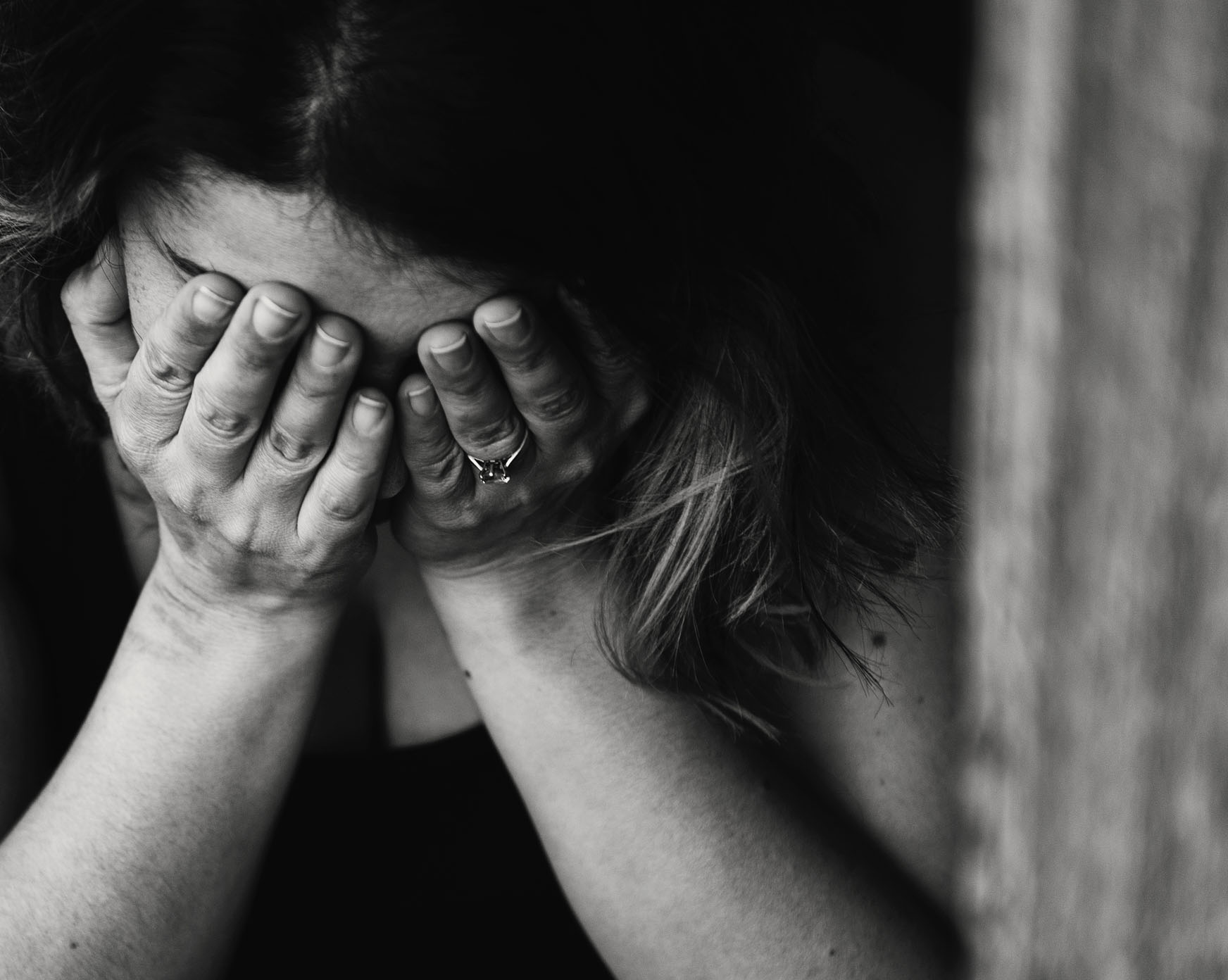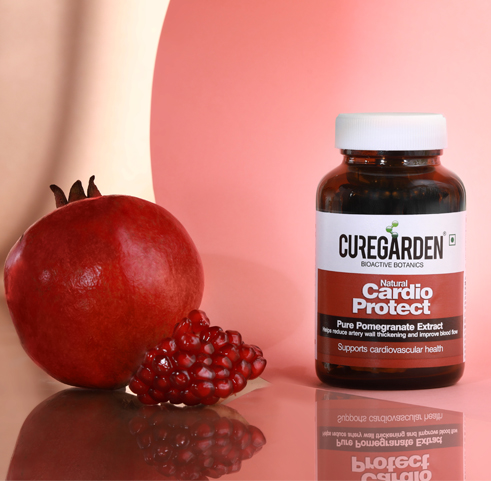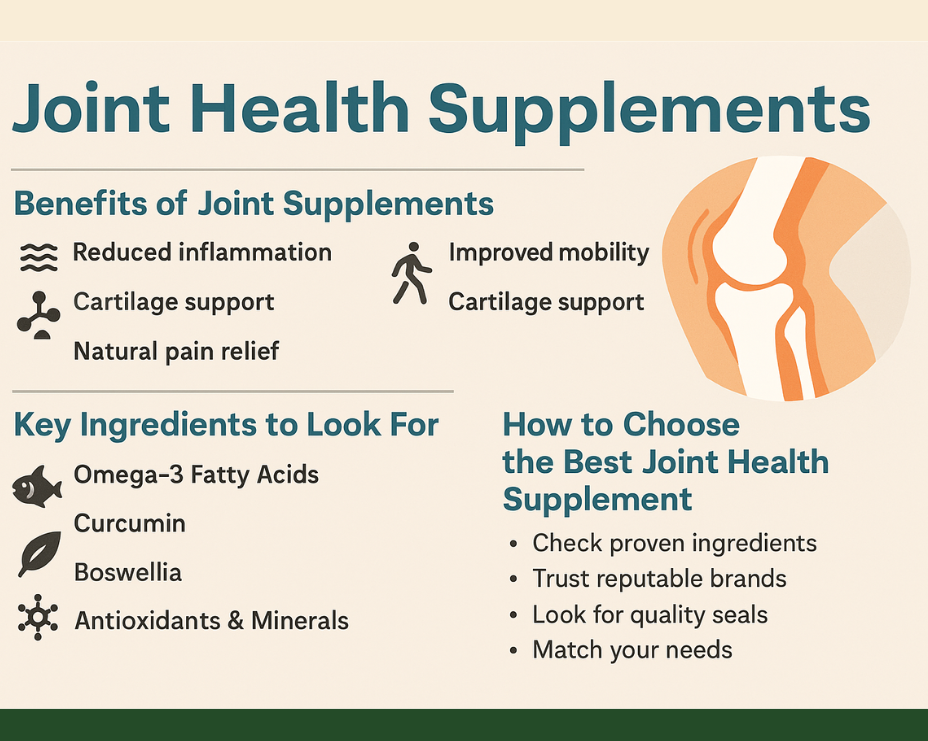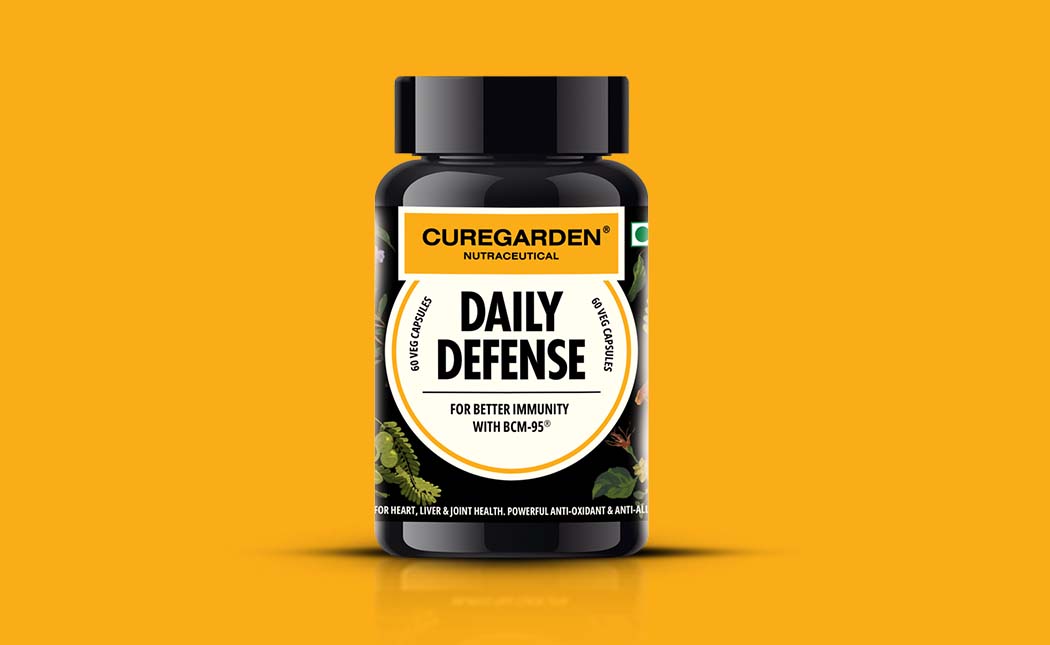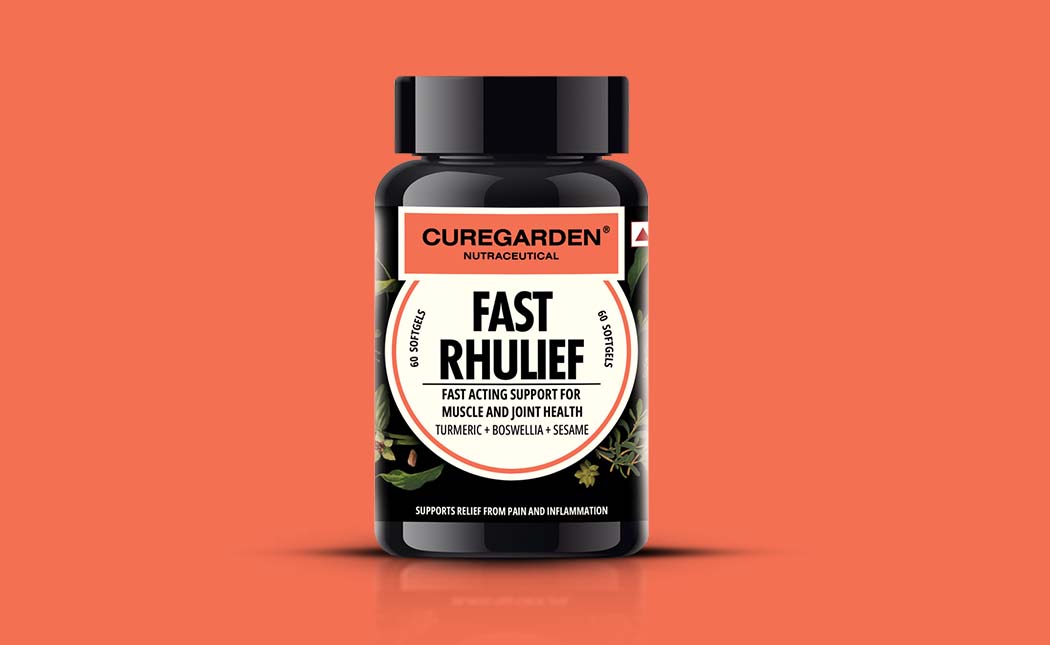Essential Takeaways
- Blood pressure can rise if you gain weight. In fact, being overweight can make you more likely to develop high blood pressure.
- Healthiest and longest-lasting weight loss happens when you do it slowly, losing 1/2 to 1 pound a week .
- Know some tips to help you lose weight and get on the road to healthy eating.
A high systolic (130 and over) or diastolic (80 and over) can be considered as high blood pressure or hypertension. It is a major risk factor for heart disease, kidney disease, stroke, and heart failure.
Ways To Prevent High Blood Pressure?
You can prevent high blood pressure by:
• Maintaining a healthy body weight; lose weight if you are overweight.
• Do exercise regularly
• Eating foods that contain low sodium
• Eating fresh fruits and vegetables
• Drinking alcoholic beverages in moderation, if you drink at all.
How Is Blood Pressure Related To Weight?
Blood pressure can rise if you gain weight. In fact, being overweight can make you more likely to develop high blood pressure. According to a survey, about 70% of adults in the United States are overweight. The risk of high blood pressure can be reduced by losing weight. Even small amounts of weight loss can make a huge difference in helping to prevent and treat high blood pressure.
Ways To Lose Weight?
For losing weight, you should eat fewer calories than you burn. The healthiest and longest-lasting weight loss happens when you do it slowly, losing 1/2 to 1 pound a week. By cutting back by 500 calories/day, by eating less and involving in physical exercise, you can lose about one pound in a week. Here are some tips to help you lose weight and get on the road to healthy eating:
1. Eat Food Rich In Fiber.
Foods high in fiber include fruits, vegetables, dry peas, and beans, as well as whole-grain (as opposed to highly processed) cereals, pasta, rice, and bread. They are low-calorie and are good sources of vitamins and minerals.
2. Whole-Wheat Vs. Processed Starches.
Not all starches are equal. You should choose whole-grain rather than processed starches. One guideline is to avoid foods that contain starch, for example, white bread, potatoes, pasta, or rice. Whole-grain foods are rich in nutrients and generally leave you feeling fuller, which will also help prevent you from overeating.
3. Do Exercise.
Another important factor for losing weight is doing physical activity. Cutting down on calories and getting regular physical activity can help you shed more weight and keep it off longer than only eating less or only exercising. Exercise can also lower blood pressure. People who do exercise regularly have a lower risk of getting high blood pressure than people who don't.
4. Note Down Your Eating Routine.
Note down what you eat, when you eat and why. Notice whether you snack on high-fat foods while watching television, or if you skip breakfast and then eat a large lunch. Once you know your eating habits, you can set weight loss goals for yourself.
5. Choose A Small Portion Size.
To lose weight, it's not just the type of foods you eat that's important, but also the portion size. To take in fewer calories, you need to limit your portion sizes. Eat small portion size between regular breaks.
The Bottom Line:
Managing the condition of high blood pressure is based on 70% on the lifestyle you choose for you and 30% on medications. If you don't change your lifestyle and eating habits, the medications won't work effectively for you. So start living a healthy life by adopting some healthy habits in your daily routine.
Stay Fit Stay Healthy!
See More: Suffering from Hypertension? Here’s what you need to know
About the author
Essential Takeaways
- Blood pressure can rise if you gain weight. In fact, being overweight can make you more likely to develop high blood pressure.
- Healthiest and longest-lasting weight loss happens when you do it slowly, losing 1/2 to 1 pound a week .
- Know some tips to help you lose weight and get on the road to healthy eating.
